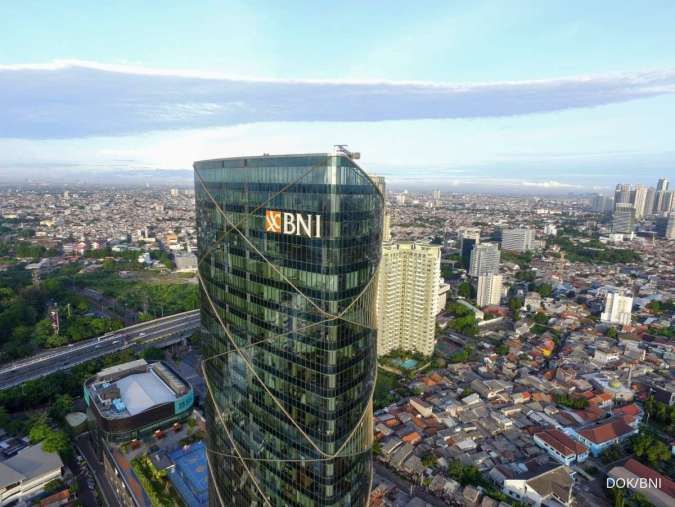KONTAN.CO.ID - SHANGHAI. Shanghai authorities on Tuesday pleaded for public cooperation with a massive new push to test most of the population for COVID-19 as the city steps up efforts to bring community transmission down to zero after nearly three weeks of lockdown. The plea came as some people refused to join PCR testing queues out of weariness after weeks of such requirements, or fear it puts them at greater risk of infection. Residents shared stories on social media about busloads of people being taken from their homes and sent into quarantine, including babies and the elderly.
Read Also
: Musk Targets Twitter Board as Company Adopts Poison Pill Authorities are under pressure from Beijing to speed up transfers of positive cases and their close contacts to quarantine centres, fueling angst in the community about draconian measures designed to completely stop the spread of the virus rather than just slow it down. "By conducting multiple, consecutive rounds of PCR testing we will be able to dynamically detect positive cases as early as possible, as this will help us to reach zero-COVID at community level more quickly," city health official Hu Xiaobo said. Sources have told Reuters that Shanghai aims to stop the spread of COVID-19 outside quarantined areas by Wednesday. The target marked a turning point when achieved by other locked-down Chinese cities, allowing them to further ease curbs. Read Also
: World Bank to Discuss Next-Phase Financing for Ukraine The number of new local transmissions detected on Monday fell to 19,442 from 21,395 the previous day. Shanghai found 550 cases outside the quarantine zones, down from 561 the day before and the fourth consecutive decline. While Shanghai has not yet said how it will open up, it is working towards that goal by carrying out daily PCR and antigen testing for millions of residents and accelerating quarantine transfers. China's COVID elimination strategy requires testing, tracing and centrally quarantining all positive cases and their close contacts. While tens of thousands of people have already been sent to isolation facilities, many more are forced to isolate in their homes due to their proximity to infected people. Read Also
: Oil Rises as Libya Outages Add to Russia Supply Fears The city has eased movement curbs for some people in low-risk areas, but the vast majority of its 25 million population remain in strict lockdown. Public transport is shut, unapproved vehicles are not allowed on the roads and the only people able to move around relatively freely are the police, delivery drivers, neighbourhood committee members and healthcare workers. Health experts have called for clarity on how China defines zero transmission outside quarantined areas. Wu Zunyou, chief epidemiologist at the China Center for Disease Control and Prevention, said on his Weibo account that it meant there were no cases "freely active" among the people. Read Also
: India's Covid Infections Hit Month-High, One State Reports Spike in Deaths SPEEDING UP TRANSFERS Quarantine centres such as converted schools and apartment blocks have been criticised by patients as crowded and unsanitary. Some photos posted on social media on Monday night showed elderly people in wheelchairs, masked up and in protective gear, arriving by bus outside a quarantine centre. Others posted stories of how their relatives, some of whom they said were over 90 years old or babies, were taken to makeshift hospitals in the middle of the night. Reuters was not immediately able to verify these photos and videos. Shanghai also reported that seven people infected with COVID-19 died on Monday, all of them elderly and with underlying health conditions, taking its total death toll for the current outbreak to 10.
Read Also: Ukraine's Richest Man Vows to Rebuild Besieged Mariupol Numerous Shanghai residents have said that a family member had died after contracting COVID-19 during the current outbreak, but that the cases had not been included in official statistics, fuelling suspicion about the accuracy of data. Shanghai's lockdown and restrictions elsewhere in China are taking a toll on the world's No.2 economy during a key year for President Xi Jinping, who is expected to secure a third leadership term in the autumn. The city is trying to help some businesses resume production, though under stringent COVID control rules that require many workers to live on site. SAIC Motor, the Chinese partner of Volkswagen and General Motors, said it was able to resume one-shift production at its Lingang plant on Tuesday.

